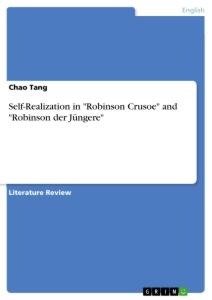
-
 Anglický jazyk
Anglický jazyk
Self-Realization in "Robinson Crusoe" and "Robinson der Jüngere"
Autor: Chao Tang
Literature Review from the year 2016 in the subject English Language and Literature Studies - Comparative Literature, grade: A, University of Missouri - Columbia, language: English, abstract: Both "Robinson Crusoe" by Daniel Defoe and "Robinson der Jüngere"... Viac o knihe
Na objednávku, dodanie 2-4 týždne
12.67 €
bežná cena: 14.40 €
O knihe
Literature Review from the year 2016 in the subject English Language and Literature Studies - Comparative Literature, grade: A, University of Missouri - Columbia, language: English, abstract: Both "Robinson Crusoe" by Daniel Defoe and "Robinson der Jüngere" by Joachim Heinrich Campe are published in the eighteenth-century, the so called age of Enlightenment. The Enlightenment thinkers turn their back on the traditional authority of the church and focus on the pursuit of human liberation, rights, natural equality and so on. When it comes to literature, Defoe¿s "Robinson Crusoe" creates a new genre of literature: novel. The major difference between novel and previous middle ages¿ prose fiction is its realism which focuses on individual and particulars while the earlier fiction is in favor of the universal. My paper focuses on analyzing self-realization in both of works. In the paper, I argued that the self-realization of Robinson Crusoe shifts to the self-realization of the children in Campe's work. Self-realization is an essential aspect in understanding the individual realism in novel, because the novel primarily concentrates on individual and self-realization, which is an individual development from a personal inchoate state of being to a state of maturity.
- Vydavateľstvo: GRIN Verlag
- Rok vydania: 2017
- Formát: Paperback
- Rozmer: 210 x 148 mm
- Jazyk: Anglický jazyk
- ISBN: 9783668418332
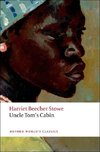
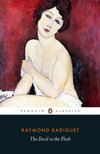
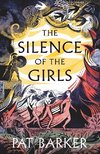
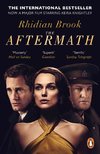

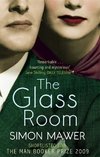
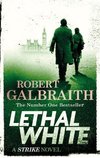
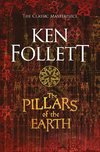
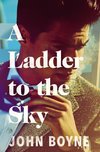
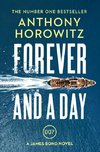

 Nemecký jazyk
Nemecký jazyk 
